Get to Know Us
Amazi Water has been proclaimed as “the world’s leading example of sustainable development in the water sector.” It will be featured in a movie narrated by Liam Neeson — Our Blue World due to be released in early 2024.
Densely-populated Burundi is sometimes called “The Forgotten Country.” Years of civil war have decimated infrastructure and the economy, making it one of the poorest countries in the world. A large percentage of the population lacks access to clean water even though there is extensive underground water. This makes water wells particularly cost-effective when measured by “cost per person served.”
Burundi is no longer forgotten. The people there are full of promise as Amazi Water is Burundi’s primary in-country, dedicated water organization. We are poised to provide every community with access to safe, clean water by 2030. Amazi Water has already provided clean water to almost 2 million people and is about one-third of the way towards achieving its ambitious mission and goal.
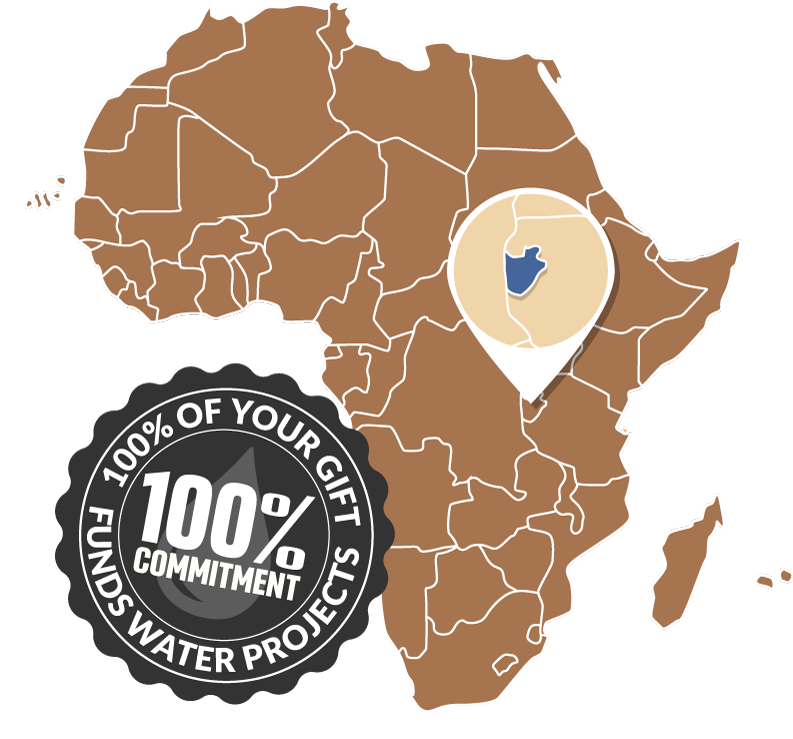
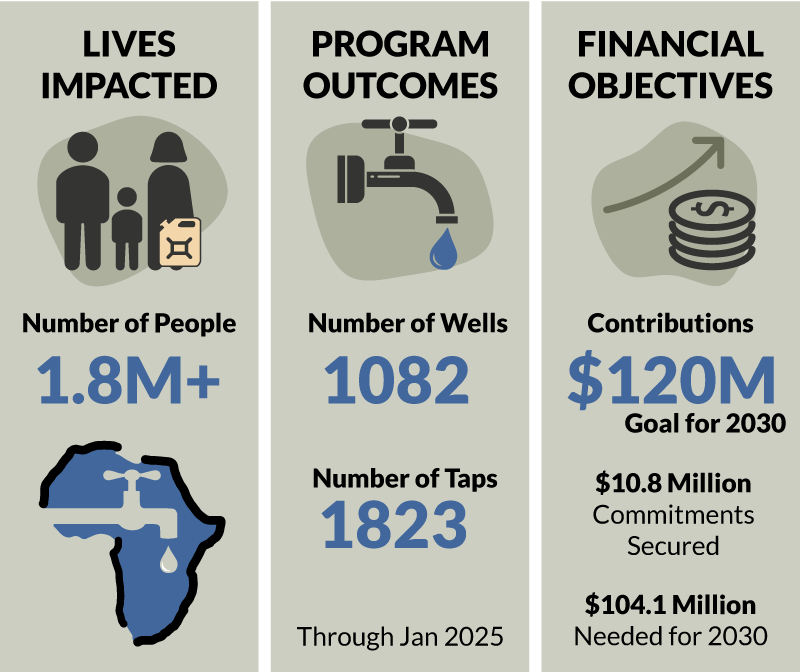
Our success is built on a foundation of spiritual focus, experienced staff, and the acquisition of state-of-the-art machinery and vehicles.
Our goals are enabled by the acceptance of the people and the Government of Burundi and the partnership of like-minded organizations.
Burundi — The Forgotten Country
Burundi has a plethora of undesirable distinctions, like being the poorest country, the most malnourished, and the least globalized. It was also bypassed by all major water charities (due to the government and the difficult operating environment), and it became known in the water sector as “The Forgotten Country.” As a result, Burundi had the lowest access to clean water in all of Africa.
In the beginning of 2021, God opened the doors for Amazi Water to work in a constructive partnership in Burundi, when the new president announced a nationwide “Water for All” program and exclusively authorized Amazi Water to work freely everywhere in the country. Now, Amazi Water has made considerable progress towards its goal, and the percentage of the population with access to clean water in Burundi has jumped from a mere 15% access to about 40% current access.
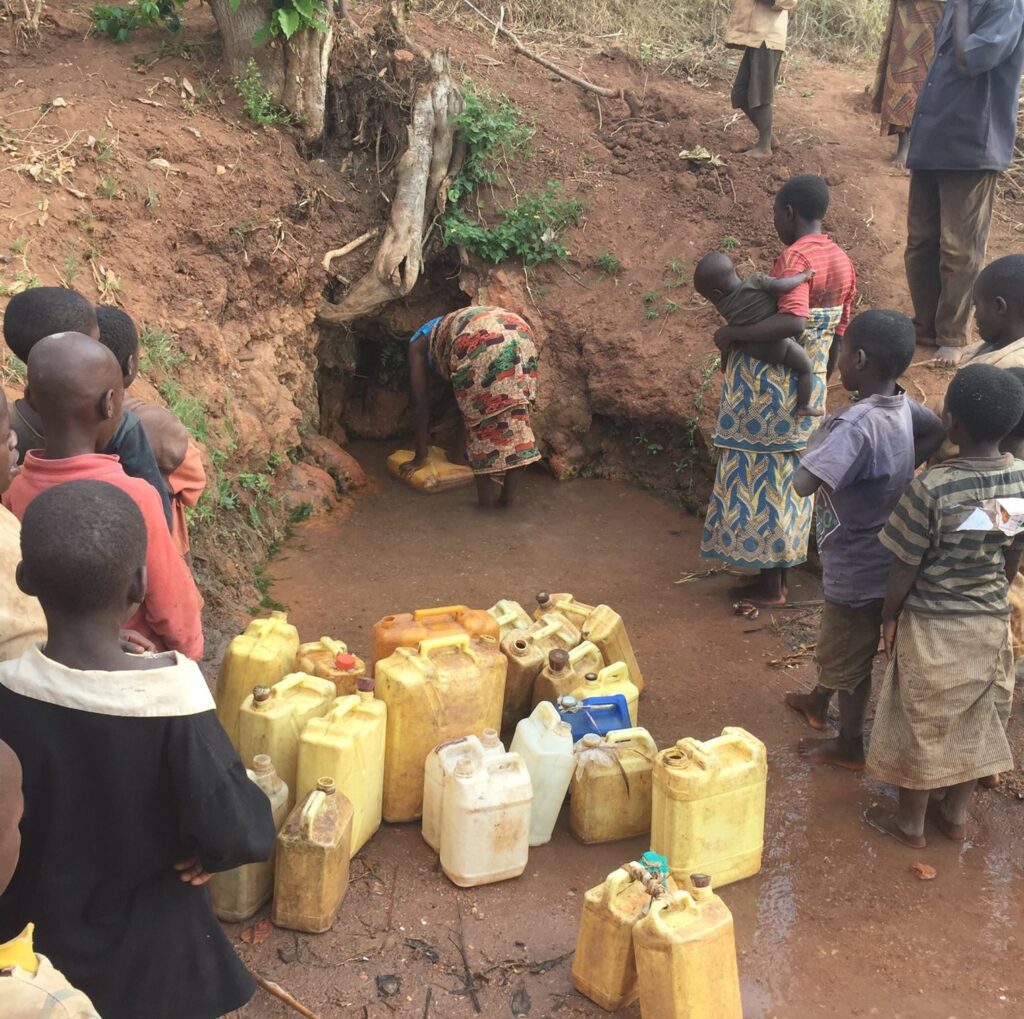
Funding a Very Solvable Problem
Robert and Elizabeth Vanman are long-time supporters of Amazi Water. In 2016, they learned of the life-threatening lack of clean water in Burundi. Amazi’s business-wise strategy to provide border-to-border solutions along with opportunities to hear the Gospel drew the Vanmans to invest serious philanthropic dollars toward Burundi’s very solvable water problem.
We asked Robert what moved the couple to invest in Amazi Water.
“Clean water is the foundational building block that helps communities rise above abject poverty. Until access to clean water is addressed, nothing else can be effective.”
— Robert Vanman
“As a successful technology entrepreneur and a passionate Christ-follower, I have a deep desire to be a great steward of the resources that God has entrusted to me. To do this, I believe we must find ways to make the most significant social and eternal impact possible from our finite resources.
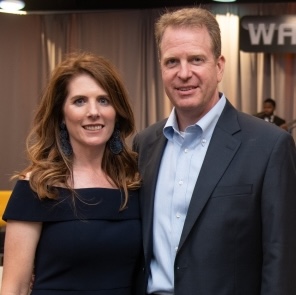
Robert & Elizabeth Vanman
Providing these communities with a freshwater well that supplies reliable water year-round can reduce the child mortality rates to single digits, greatly improve overall health, and free up time, which increases productivity and learning.
Clean water is the foundational building block that helps communities rise above abject poverty. Until access to clean water is addressed, nothing else can be effective.
Densely-populated Burundi is sometimes called “The Forgotten Country.” Years of civil war have decimated infrastructure and the economy, making it one of the poorest countries in the world. A large percentage of the population lacks access to clean water even though there is extensive underground water. This makes water wells particularly cost-effective when measured by “cost per person served.”
After learning that the major international water charities were not working in Burundi as there were no effective in-country water partners, we decided to create Burundi’s first and only in-country, dedicated water organization, Amazi Water.
We have purchased our own drilling rigs, hired GIS engineers, hydrogeologists, construction teams, community workers, and extensive staff. We have made it our mission to bring clean water to the entire country. Today, Amazi Water is the de facto, in-country water partner for many other organizations, including World Food Programme and World Vision.
When I added everything up – the critical need, the cost-effectiveness, and the massive impact of these water projects – I concluded that building water wells in Burundi, Africa, has the most social and eternal impact I can make with my resources.
That is why I’m all in."
Values
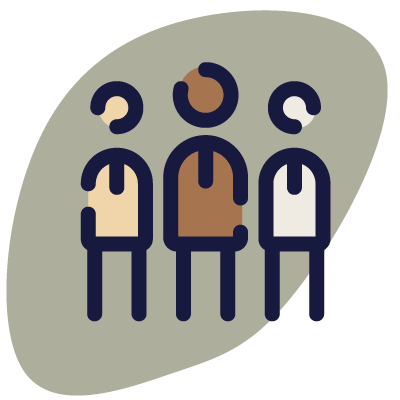
Collaboration
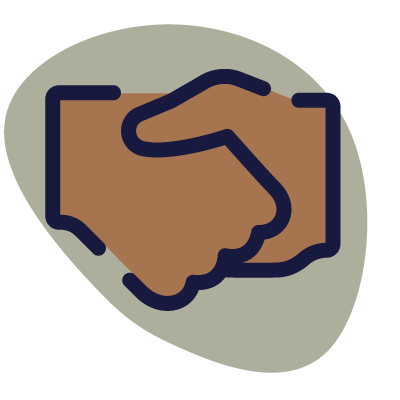
Commitment
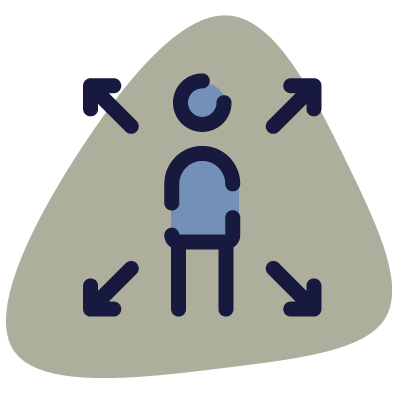
Impact
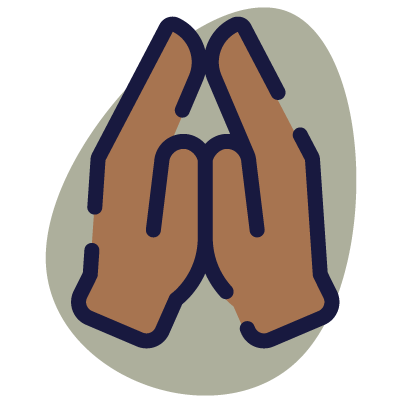
Reliance on Prayer
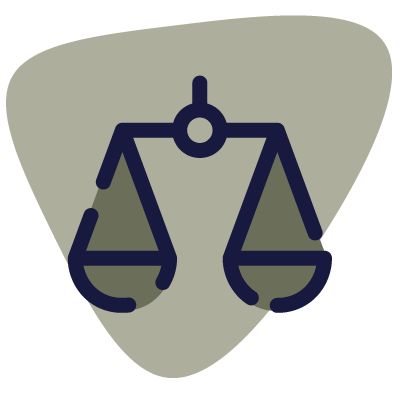
Integrity
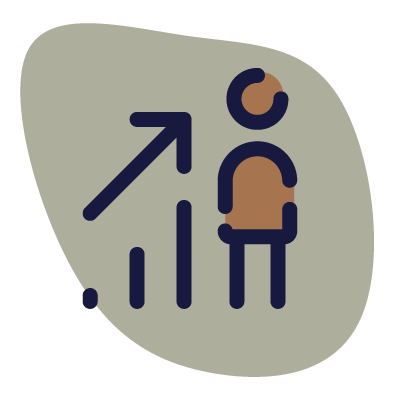
Self-Development
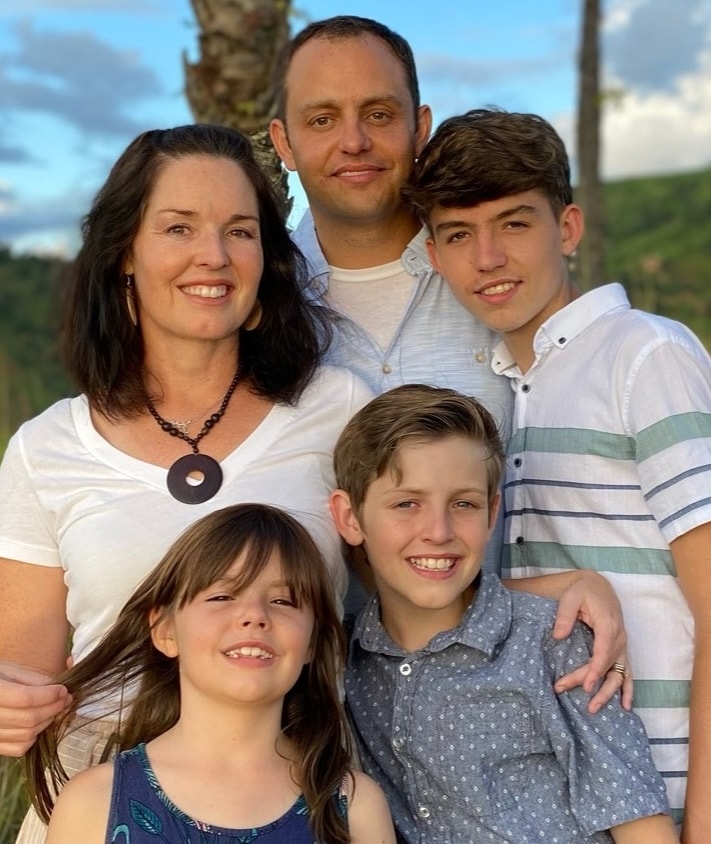
OUR FOUNDERS — JOHN AND CAELENE PEAKE
In 2015, John and Caelene Peake founded Amazi Water after a trip to Burundi. It was then that the Lord revealed to them how the residents of the tiny, landlocked African country had a severe lack of access to clean water. The couple was determined to do something about the problem. So, they moved to Burundi with the goal of bringing clean water and the Gospel to the struggling nation.
Almost ten years later, the organization has grown and flourished, and so have the people of Burundi, thanks to the Peake’s vision and the generosity of private donors. With hundreds of employees, a headquarters building in Burundi, and more than 970 wells dug, the organization is poised to provide border-to-border safe, clean water to every community in the nation.
Frequently Asked Questions
Amazi (a-ma-zee) means “water” in Kirundi — the only native language that is widely spoken in Burundi. So Amazi Water means “Water Water,” which reflects our vision of water for all people in Burundi by 2030.
One of the distinctive strengths of Amazi Water is our focus on one country. Our mission is to provide border-to-border access to safe, clean water in every community in Burundi by 2030. By specializing in one country, we develop deep relationships, understanding, and commitment until the task is complete. The Government of Burundi has authorized Amazi Water to be the primary implementor of water projects for the nation, and the people we serve are grateful for this commitment.
Our headquarters is in Bujumbura, Burundi. This state-of-the-art facility serves as the base for operations, training, and management for approximately 200 Burundi employees.
We welcome visitors. Please email info@amaziwater.org with details about your group size and travel dates if you are interested in coming to Burundi. A member of our team will help facilitate your trip.
Amazi has a small office as well in Texas. Visitors are encouraged to contact info@amaziwater.org to schedule in-person visits.
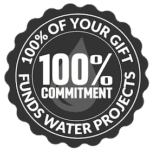 Yes, 100% of your donation is allocated toward program spending. How do we pay our operating expenses? A very small group of generous private donors funds our operating expenses. This means all of your gift, 100%, funds water projects. Email info@amaziwater.org if you have questions.
Yes, 100% of your donation is allocated toward program spending. How do we pay our operating expenses? A very small group of generous private donors funds our operating expenses. This means all of your gift, 100%, funds water projects. Email info@amaziwater.org if you have questions.
Funding a well can take the form of a single large gift to support an entire well or a smaller donation that is combined with the gifts of others to fund a well.
- If you desire to fund an entire well, click to learn more.
- If you want to start a fundraising campaign with your friends, learn more.
- To make a modest gift combined with others, visit the Donate page.
- To contact a member of our team, email info@amaziwater.org.
The goal is to provide border-to-border access for 100% of communities in Burundi by 2030, so eventually, wells will be within a 20-minute walk from home for everyone. The strategic plan is focused on large population areas of Burundi first. Our Geographic Information Systems team has mapped out our missional plan to serve the nation using sophisticated maps that show demographics, topography, and groundwater potential.
We begin in each community by assessing current water sources, gaining approval from the authorities, and building partnerships. Amazi Water Partnership Promoters work with the community to assess water sources that are currently being used by the community, commonly a river or freshwater spring. River water is totally unsafe for drinking. They also assess the number of households, hospitals, clinics, schools, and churches in the area, as well as population distribution. The well must be placed to serve the largest number of people possible.
During this early phase, Amazi Water connects with local government leaders to gain approval for the drilling operation and to negotiate the use of private land. Most landowners are happy to have a borehole on their property as it serves their whole community.
Once the site is selected and the exact drilling location is identified, the community is asked to help create an access road through their community for the heavy machinery.
We invite you to check out our current job openings and take the first step towards making a real difference for an entire nation.


